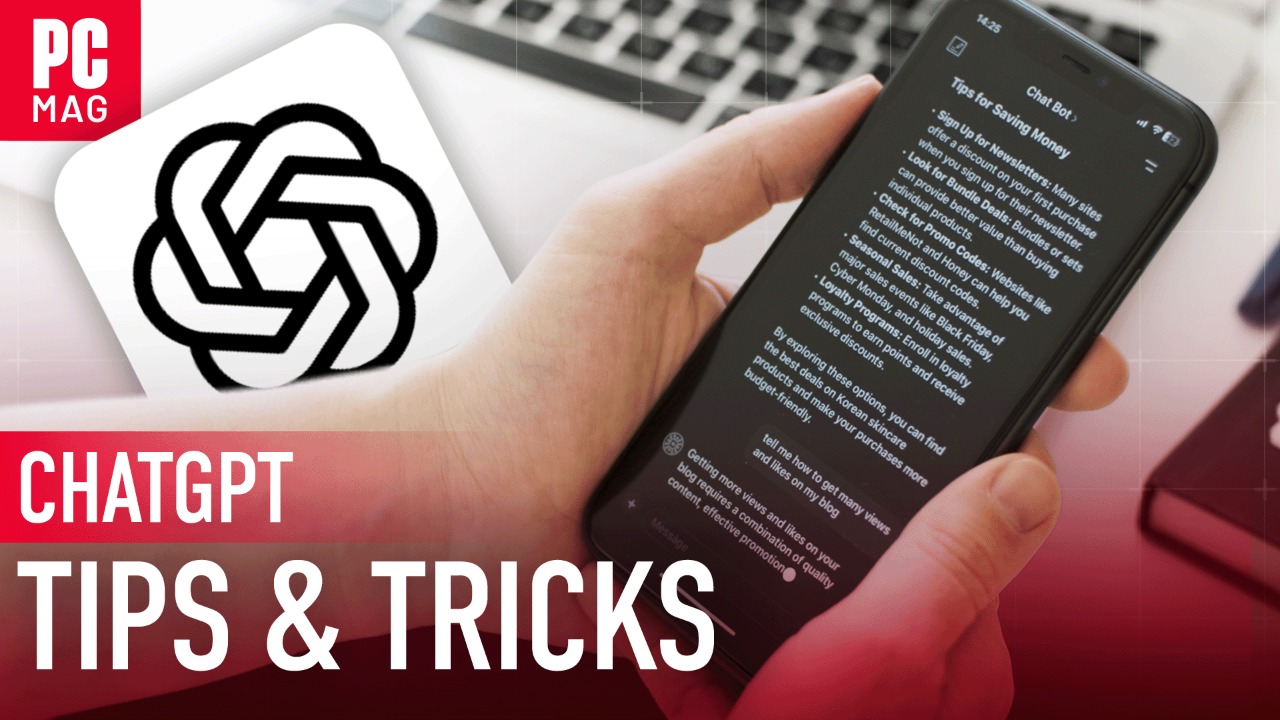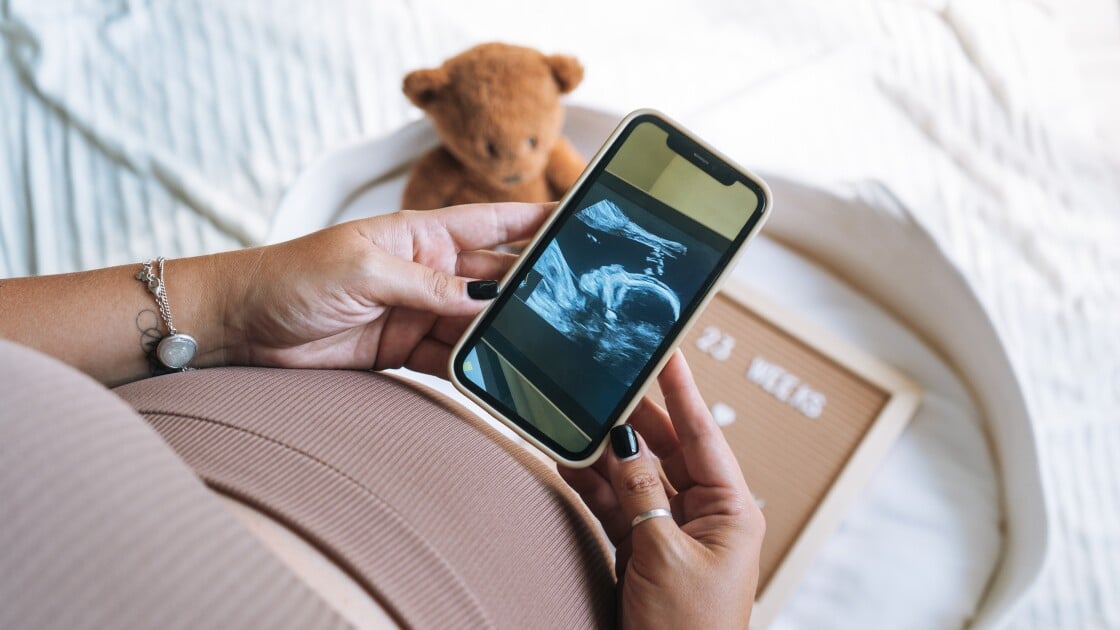A Missouri woman has a warning for those who share private information with ChatGPT: It’s smarter than you think.
The St. Louis resident, who goes by @mollykayemck on TikTok, leaned on OpenAI’s chatbot as a source of information and comfort during her In-Vitro Fertilization (IVF) journey. For some people, one of the last steps in that process is genetic testing for embryos, during which labs determine the gender, among other information.
Molly and her wife had instructed the fertility clinic not to share the gender of the embryos. “It’s the only thing we get to learn like ‘normal people,’ in terms of IVF doesn’t take that from you,” she says in a TikTok video. “You don’t have to find out, and in fact some countries you can’t.”
The clinic provided the couple with a report that blacked out the X and Y chromosome information. “The human eye certainly couldn’t decode it,” Molly tells us, so she felt comfortable uploading the report to ChatGPT to get its take on the other data it contained.
The AI had been an integral part of her fertility journey, and she had uploaded many other documents and test results to the chatbot throughout the lengthy process. (But keep in mind, it’s important to use caution when leaning on AI for serious topics.) ChatGPT helps “talk her off ledges,” she says. “It’s less information overload than trying to Google something and winding up down a rabbit hole of what could go wrong.”
She notes that “a lot of women” use “chat,” her nickname for the AI. For example, one woman named Lauren posted about her IVF-specific ChatGPT prompting tips in the video below.
Get Our Best Stories!
Your Daily Dose of Our Top Tech News

Sign up for our What’s New Now newsletter to receive the latest news, best new products, and expert advice from the editors of PCMag.
Sign up for our What’s New Now newsletter to receive the latest news, best new products, and expert advice from the editors of PCMag.
By clicking Sign Me Up, you confirm you are 16+ and agree to our Terms of Use and Privacy Policy.
Thanks for signing up!
Your subscription has been confirmed. Keep an eye on your inbox!
But this time the conversation did not go as planned for Molly. In ChatGPT’s response to the embryo report, it referenced the X and Y chromosomes and revealed the gender of the embryos. “I replied, ‘how do you know that’?” she said. “It’s blacked out on the report, how’d you figure it out?” Turns out, the chatbot can still “see” the information underneath.
Molly was disappointed because preserving the gender information was something she was “passionate” about. “So, this one thing IVF didn’t take from us. It was the robots,” she says. She recommends people do not upload any blacked-out reports unless they explicitly tell the chatbot to not read the information. Better yet, crop out that portion of the image.
Despite the incident, she doesn’t regret leaning on ChatGPT throughout the IVF process. “I’ve found so much other helpful insights and information,” she tells us.
Recommended by Our Editors
That includes using it to get the percentage success rate for each step of the process, to help set expectations and have a data-driven approach. As with most ChatGPT conversations, it can be hard to know if the information it dispenses is accurate. But its always-available nature—no long wait times for a 15-minute appointment with a doctor—and the ability to fact-check on other sites can make it a helpful tool in the toolbox.
Sending private, personal medical information to an AI chatbot remains taboo. Even the medical field is still figuring out how to incorporate it. While AI tools have been found to detect issues early on X-rays, they can also hurt radiologist performance, a Harvard study found. Recently, a team of researchers also found that 88% of medical information dispensed by the leading AI models is false, Newsweek reports. Concerningly, the chatbots presented the inaccurate information with a confident tone, and even cited fake studies.
At the same time, individuals are finding ChatGPT to be a powerful medical tool for personal use. One Redditor says it diagnosed their “uncommon neurologic condition in seconds after two emergency room visits and three neurologists failed to.” They put the symptoms into the chat window, ChatGPT suggested a certain condition, which they then suggested testing for with their doctor. It was positive, so they had surgery to fix the issue.

5 Ways to Get More Out of Your ChatGPT Conversations
About Emily Forlini
Senior Reporter

I’m the expert at PCMag for all things electric vehicles and AI. I’ve written hundreds of articles on these topics, including product reviews, daily news, CEO interviews, and deeply reported features. I also cover other topics within the tech industry, keeping a pulse on what technologies are coming down the pipe that could shape how we live and work.
Read the latest from Emily Forlini



